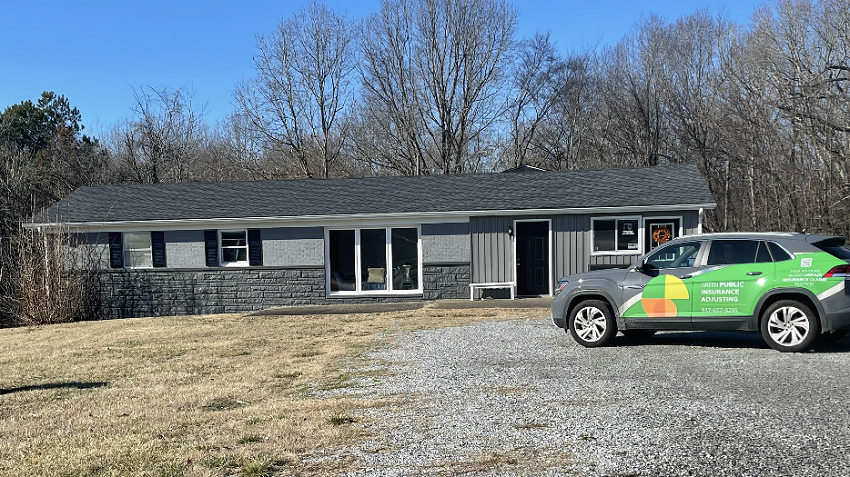Invoicing can be one of the most sensitive parts of the client relationship. Whether you’re helping a homeowner through a complex fire loss or advocating for a commercial policyholder after major water damage, the financial conversation needs to be clear, professional, and consistent.
Here are some key invoicing tips for public adjusters—especially when working with new clients, collecting payment upon confirmation of agreed scope, and navigating collections when necessary.
📝 At Contract Signing: Set Clear Expectations
The foundation for successful invoicing is laid before the work begins. When onboarding a new client, it’s essential to walk them through the payment process and confirm their understanding of:
- Fee structure: Clarify whether your fee is based on a percentage of the insurance recovery or a flat rate. Outline whether the fee applies only to new money recovered or includes prior payments.
- Timing of invoice: Explain when invoices are typically issued—e.g., upon confirmation of insurance carrier’s undisputed amount, upon full payment, or after each phase of work.
- Responsibility to pay: Emphasize that your services are billed directly to the policyholder and not the insurance company, even when a public adjuster is named on the check.
- Expected payment method and timeline: Describe how payment is to be made (check, ACH, etc.) and your standard payment due date (e.g., within 7–10 business days of invoice receipt).
🔑 Pro Tip: Include a dedicated section in your contract or onboarding packet that covers “Billing & Invoicing Terms.” Walk through it with your client to avoid confusion down the line.
📦 After Undisputed Scope Is Confirmed: Request Prompt Payment
Once the carrier agrees to an undisputed scope and issues payment—whether partial or full—it’s time to invoice. Best practices here include:
- Attach a copy of the carrier’s summary: Include the insurer’s statement confirming approved scope and payment for transparency.
- Show breakdown of services: Even if your fee is percentage-based, itemize what you’ve done so far (inspections, negotiations, documentation) to show value.
- Use clear subject lines and payment links: For example, “Invoice for Adjusting Services – Approved Scope from [Carrier Name]” with a link to pay online.
- Follow up in writing and via phone: Especially for larger claims, don’t assume the client saw your invoice. A follow-up call builds rapport and reinforces professionalism.
📌 Reminder: If you’re listed as a payee on the check, remind the client that the check must be endorsed by you and you’re entitled to the invoiced amount.
⚠️ If Collections Become Necessary: Act Swiftly & Document Everything
Unfortunately, not all clients follow through on payment, even after successful recovery. If you’ve made multiple attempts with no success:
- Send a formal demand letter: Include the contract, invoice, carrier scope, and a summary of communications.
- Pause all further services: Do not proceed with additional scope negotiation, supplementing, or appraisal until your invoice is satisfied.
- Charge late fees if permitted: If your contract includes late fee provisions (e.g., 1.5% monthly interest), enforce them after the due date.
- Refer to collections or small claims court: If payment remains outstanding, and the invoice exceeds your tolerance threshold, consider formal collections—either through a legal firm or a third-party service.
🚨 Pro Tip: Keep your tone professional. Avoid personalizing the dispute. Stick to the facts, the contract, and your right to be paid for services rendered.
Final Thoughts
Public adjusting is built on trust, and the best way to protect that trust is through clear, timely communication—especially when money is involved. By proactively setting expectations, invoicing promptly upon confirmed scope, and having a structured collections protocol in place, you position your business for sustainability and long-term success.
If you’re a public adjuster looking for support with contract templates, invoicing policies, or client communications, reach out to the Heartland Association of Public Insurance Adjusters (HAPIA). We’re here to support you and advocate for your success.





